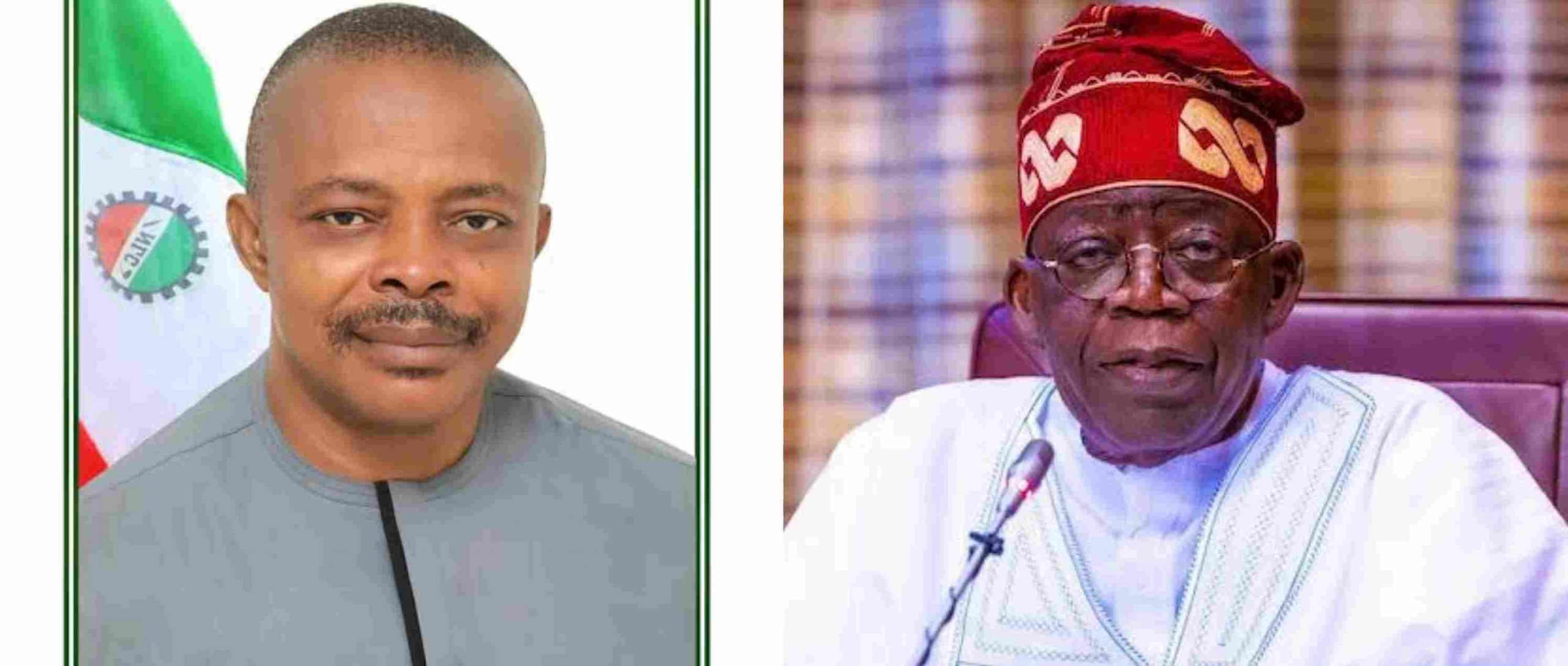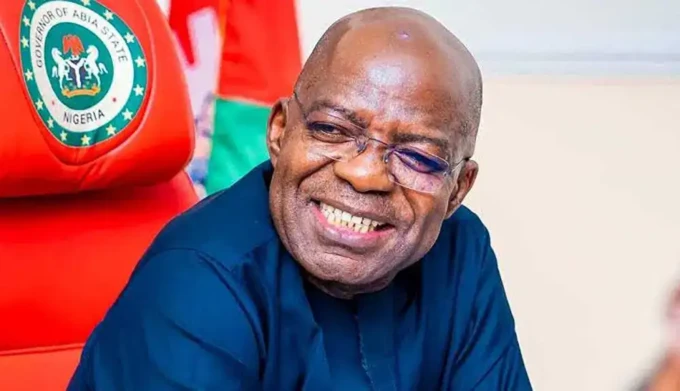The Nigeria Labour Congress (NLC) has reaffirmed its December 1, 2024, deadline for all states to fully implement the new minimum wage of N70,000. This follows the signing of the minimum wage bill into law by President Bola Tinubu on July 29, 2024, which increased the minimum wage from N30,000 to N70,000.
On November 11, the NLC issued a directive mandating all state governments to comply with the new wage policy by November 30. Failure to do so, the union warned, would result in an indefinite strike by its members in non-compliant states.
While progress has been made, with over 30 state governors approving the new minimum wage, several states, including Zamfara, Sokoto, Cross River, and Nasarawa, have yet to finalize agreements on the improved payment structure.
NLC spokesperson Benson Upah emphasized the union’s unwavering stance on the deadline, stating, “Majority is not everybody. All states must heed the union’s directive, or we’ll carry out our threats.”
The NLC has remained consistent in its push for fair compensation for workers across the country. The union argues that the wage increase is essential to addressing the rising cost of living and economic challenges faced by Nigerian workers. According to the NLC, any state government’s failure to implement the wage increase by the deadline would demonstrate a disregard for workers’ rights and the law.
The urgency of the directive reflects the broader struggle of Nigerian workers for equitable treatment. The minimum wage increase was introduced as part of President Tinubu’s commitment to alleviate economic hardships and improve living standards. However, discrepancies in implementation across states have prompted the NLC to take a firm stance.
In states where the policy has been enacted, workers have expressed relief and optimism about the improved pay structure. On the other hand, non-compliant states risk industrial action that could disrupt essential services and impact governance.
The situation also highlights the complexities of Nigeria’s federal structure, where state governments have autonomy over labor matters. Despite this, the NLC insists that national legislation on workers’ welfare must be universally observed to maintain fairness and consistency.
As the December 1 deadline approaches, all eyes are on the remaining states to meet the requirements and avert widespread labor unrest. The NLC’s insistence underscores its dedication to advocating for workers’ rights and pushing for full compliance.
With the economic stakes high and the union’s readiness for industrial action clear, the coming days will be pivotal in determining whether all Nigerian workers will benefit equally from the new minimum wage policy. The NLC’s commitment to its cause remains a strong reminder of the ongoing struggle for social and economic justice in Nigeria.












I think the NLC should reconsider the December 1 deadline for the new minimum wage. Workers deserve better!
I think the new minimum wage should be implemented gradually to avoid economic shock. Rushing it by December 1 seems risky.
I think the deadline should be extended to ensure proper implementation and avoid rushing. Workers welfare should come first.
I think the December 1 deadline for the new minimum wage is too rushed. Employers need more time to adjust.
I think the deadline for implementing the new minimum wage is unrealistic. NLC should consider the economic impact on businesses.
Businesses can adapt. Workers deserve fair wages. Prioritize people over profits.
I think the NLC should reconsider the December 1 deadline. Workers deserve fair wages, but rushing implementation could have negative consequences.
I think the NLC should extend the deadline to give more time for companies to adjust. Rushing it could lead to chaos.
Who cares about minimum wage? Let the market decide salaries. NLC should focus on job creation instead.
I think the NLC should reconsider the December 1 deadline. Workers deserve fair wages and timely implementation. Lets stand up for workers rights!
I think the NLC should reconsider the deadline. Rushing implementation could lead to unintended consequences. Better safe than sorry!
I think the NLC should reconsider the December 1 deadline for the new minimum wage. Workers deserve better!
I dont think the new minimum wage should be implemented. It could lead to job losses and business closures. #ControversialOpinion.
I think NLC should consider extending the deadline. Rushing implementation could lead to complications. Workers interests should be the priority.
I think the deadline should be extended to ensure proper implementation and avoid any rushed decisions. Workers deserve thoughtful consideration.
Nah, deadlines are deadlines. Workers should be ready to adapt and deliver on time.
I think the December 1 deadline for the new minimum wage implementation is too rushed. More time is needed for proper adjustments.
Sorry, but delays only hurt workers. Its time for fair wages now.
I dont think the new minimum wage should be implemented so quickly. Lets take time to assess the impact first.
I think NLC should reconsider the December 1 deadline. Workers deserve fair wages, but rushed implementation could have negative consequences.
Workers need fair wages now. Deadlines push for action. NLC should stand firm.
I think the December 1 deadline for the new minimum wage is unrealistic. Employers need more time to adjust properly.
I think NLC should reconsider the deadline for the new minimum wage. Rushing implementation could lead to unforeseen consequences.
Stop stalling progress. Workers deserve fair wages now. NLC, keep the deadline for the new minimum wage.
I think the deadline for implementing the new minimum wage is unrealistic, considering the current economic situation. It needs to be reevaluated.
Sorry, but the minimum wage is long overdue. Workers deserve fair pay now.
I think the deadline is fair, but what about companies struggling financially? Will this push some to lay off workers?
I think the NLC should be more flexible with the deadline. People need time to adjust. Its not fair for everyone.
I think the deadline for implementing the new minimum wage is fair. Its time for workers to get what they deserve!
I think the NLC should consider extending the deadline for implementing the new minimum wage. Workers deserve more time to adjust.
I think the NLC should reconsider the deadline. Rushing implementation may cause more harm than good in the long run.
I think NLC should consider delaying the new minimum wage implementation. Workers need time to adjust. What do you all think?
Actually, workers have been waiting long enough. Its time for NLC to act. No more delays.
I think the NLC should reconsider the deadline. Rushing implementation could have negative consequences. Lets prioritize thorough planning!
I think the deadline for the new minimum wage implementation is too rushed. Employers need more time to adjust properly.
I think the new minimum wage should be based on individual performance rather than across-the-board raises. Fair is fair.
I think the NLC should reconsider the deadline for the new minimum wage. Rushing implementation could have negative consequences.
NLC knows what theyre doing. Delaying will only hurt workers more. Trust their judgment.
I think minimum wage should be based on productivity, not just a set number. Whos with me? Lets discuss!
I think the NLC should consider extending the deadline for the new minimum wage implementation. Workers need more time to adjust.
I dont understand why theyre sticking to the December 1 deadline. Seems rushed and could cause issues.
I think the NLC should consider extending the deadline for implementing the new minimum wage to allow for a smoother transition.
I think the NLC should reconsider the December 1 deadline. Workers need time to adjust to the new minimum wage.
I think the NLC should reconsider the deadline. It seems rushed and could lead to complications. What do you guys think?
I think the NLC should consider extending the deadline for implementing the new minimum wage. Workers need more time to adjust.
Im not convinced about the NLC deadline for the new minimum wage. Shouldnt they consider more factors before implementing it?